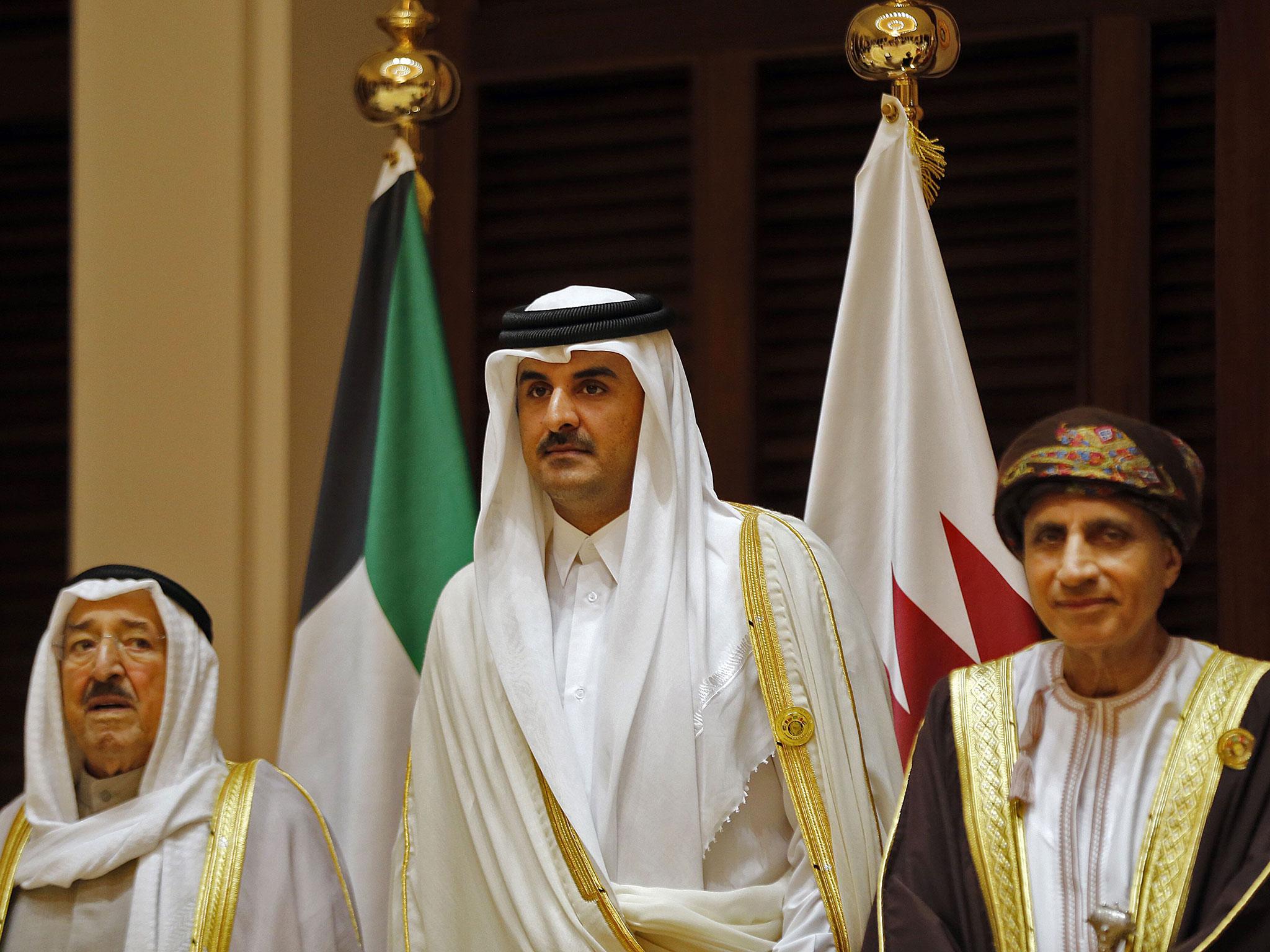Saudi Arabia will be infuriated by Qatar's decision to resume ties with Iran
Analysis: Doha’s amicable relationship with Tehran was one of the main reasons for the Saudi-led effort to blockade Qatar. It now appears to have been a major miscalculation

Your support helps us to tell the story
From reproductive rights to climate change to Big Tech, The Independent is on the ground when the story is developing. Whether it's investigating the financials of Elon Musk's pro-Trump PAC or producing our latest documentary, 'The A Word', which shines a light on the American women fighting for reproductive rights, we know how important it is to parse out the facts from the messaging.
At such a critical moment in US history, we need reporters on the ground. Your donation allows us to keep sending journalists to speak to both sides of the story.
The Independent is trusted by Americans across the entire political spectrum. And unlike many other quality news outlets, we choose not to lock Americans out of our reporting and analysis with paywalls. We believe quality journalism should be available to everyone, paid for by those who can afford it.
Your support makes all the difference.The announcement by Qatar that it is restoring diplomatic relations with Iran is a very public indication that the confrontation between the Sunni states in the Gulf, now in its third month, not only shows no sign of ending but looks set to escalate.
The Saudis will be infuriated by the move. They have been leading an alliance of the United Arab Emirates, Bahrain and Egypt in carrying out a blockade of Qatar with the warning that it will not be lifted until Doha meets a 13-point ultimatum. The confident expectation of the group was that the Qataris would cave in. That has turned out to be a major miscalculation.
Riyadh and its allies have accused Qatar of a variety of offences including supporting extremism. But one of the key sources of anger has been Doha’s amicable relations with Tehran, the Saudi’s bitter Shia sectarian rivals in the region. There is some evidence that the Saudis had been emboldened to make the move, which is not without risk, because of threats against Iran made by Donald Trump during an arms-selling trip to the Kingdom.
But what the Saudis thought was a position of strength began to weaken rapidly. In keeping with his now established pattern of confusing and contradictory behaviour Mr Trump followed up an initial statement condemning Qatar with conciliatory ones. Meanwhile US Secretary of State Rex Tillerson and Defence Secretary James Mattis made a point of showing their support for Qatar, pointing out that it was a key ally and that US military operations in the Middle East were being run from there.
Doha acknowledged that it was being economically hurt by the Saudi-led embargo, but also pointed out that it was wealthy enough to cope with that. Tehran had first reacted to the crisis with a measured call for reconciliation but soon stepped in to take advantage, flying in food and opening up its airspace to Qatar Airways as the Saudi alliance closed theirs. Turkey, which vies for Sunni leadership with the Saudis, also sent in supplies, including construction material, and offered to send reinforcements to troops they already have based in Qatar.
If there was any further Saudi expectation that the punitive measures against Qatar will also send a warning signal to Oman and Kuwait, two other Sunni Gulf states with relatively good relations with Iran, that has failed. Also, any hope of isolating Iran, something Mr Trump had also wanted, shows no immediate sign of materialising. More than a hundred countries attended the inauguration of the Iranian President Hassan Rouhani earlier this month, including Russia, China, India and every single major state in Western Europe. The Qatari delegation was headed by the Emir, Tamim bin Hamad Al Thani.
The Saudis insist that Qatar must make concessions before there is any resolution to the situation. It opened the land border to allow Qataris to perform the Hajj in Mecca, a gesture Doha dismissed as “politically motivated”.
The Hajj concession came after talks between the Saudis and Sheikh Abdullah bin Ali al-Thani, a member of the Qatari ruling family who the Saudis have been promoting. But the Sheikh, whose brother was driven out by the current Emir’s grandfather in 1972, is a marginal figure in Qatar. Dalliance with him, holds Doha, is a sign of increasing Saudi anxiety that they are failing to get their way. There may well be some truth in this; the Qataris are unlikely to be the first to blink in this volatile standoff.
Join our commenting forum
Join thought-provoking conversations, follow other Independent readers and see their replies
Comments